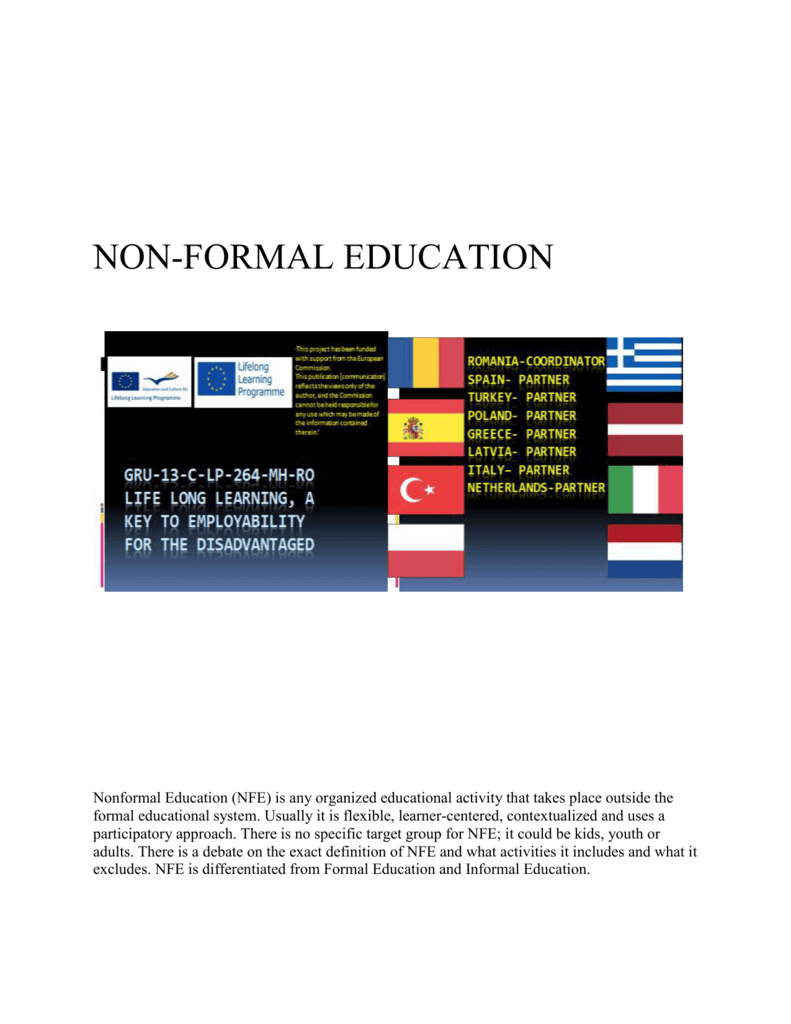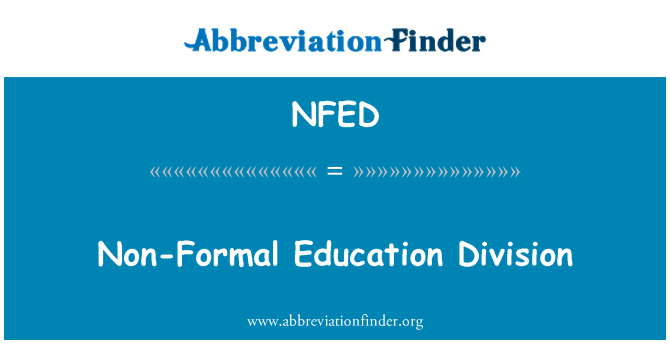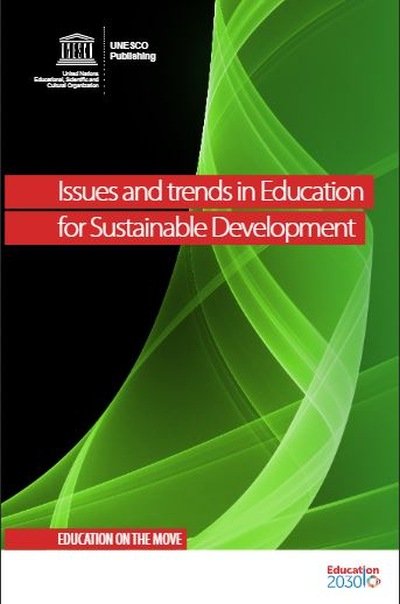

CAST has 165 natural science societies and is established at county level all over the country. The China Association for Science and Technology (CAST) is engaged in the promotion of non-formal science education for children and youth. Students are then responsible for keeping that stretch of the beach clean, and in that process learn aspects of the coastal and marine environment. In Singapore, the Ministry of Environment allocates small portions of the beach to volunteering schools under an ‘Adopt a Beach’ programme. The camps are for children between 14 and 16 years of age, at the Nature Education Centre (NEC) established in 1992 by the Malaysian Nature Society. For example, in Malaysia, environmental awareness camps are regularly organized by the Department of Environment. Similar environmental camps have become a regular feature in many countries.

These camps are held at places of environmental significance and aim to raise awareness about conservation issues, and to potential careers in conservation. For example, in Nepal, Environmental Camps for Conservation Awareness (ECCA), a local NGO, has been active for over a decade in organising outdoor environmental activities aimed at children, both able and disabled.

Government agencies as well as NGOs have developed a wide array of outdoor activities that expose youth and adults to different aspects of environmental awareness, action and understanding. In several countries, government agencies or NGOs support nature clubs or environmental societies in schools as a means of encouraging and inspiring students to undertake non-formal environmental activities. For example, Development Alternatives (DA) located in India, has launched the Community Led Environmental Action Network (CLEAN) which promotes among school children and community’s activities based on the “four r” concept: refuse, reduce, recycle and reuse. Research and advocacy organizations are increasingly involved in developing non-formal environmental activities. Due to its success the WWF has started introducing the same concepts and approaches in other countries, such as Viet Nam.

In this, students are encouraged to beautify the school garden, start a plant nursery or engage in other ‘green’ activities within the school premises. In Sri Lanka, a WWF-supported innovative environmental education programme involving over 750 schools has been implementing an approach called ‘greening of learning’. In Myanmar, an imaginative pre-school and lower primary environmental programme bases its teaching on a study of the surroundings, or patwinkyin, without formal textbooks. In Bangladesh, an environmental education programme called Muktangan Siksha, or open-air education, encourages field programmes related to the surroundings and communities. In several countries, there are efforts to get students to relate to local problems, while understanding their global implications. Different communities, institutions and individuals choose methods and practices that best suit their local needs and capacities. Activities exist alongside the formal educational systems, at curricular and extracurricular levels, in occupational training, and through wide public awareness activities through non-formal channels such as mass media, and voluntary organizations.


 0 kommentar(er)
0 kommentar(er)
